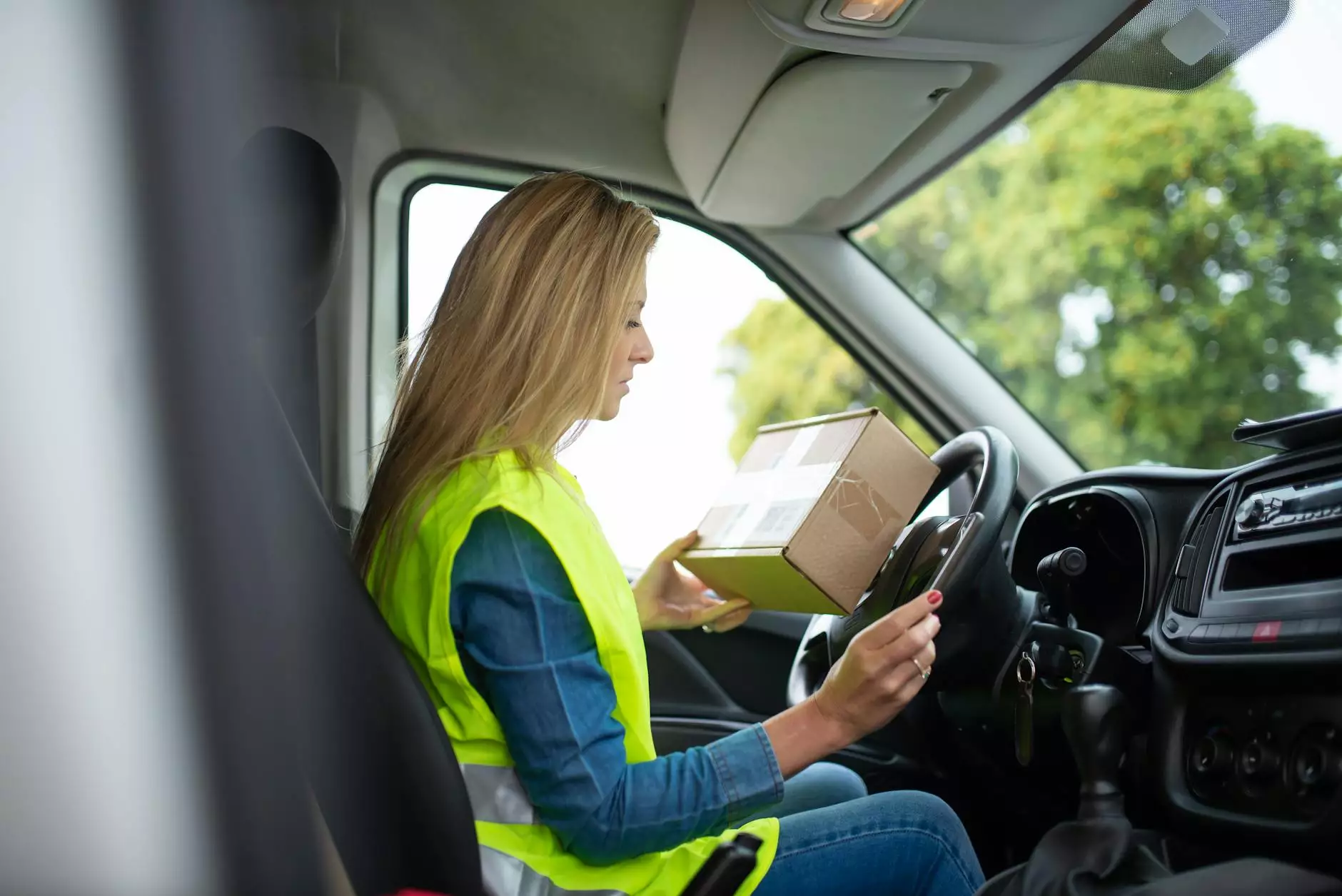Independent Truck Dispatchers: Navigating the Logistics Landscape

Understanding the Role of Independent Truck Dispatchers
The logistics industry is a vast network that relies on efficient communications and operations. At the heart of this system are independent truck dispatchers. These professionals play a crucial role in managing the movement of goods, ensuring timely deliveries, and coordinating communications between drivers and clients. Understanding what they do can help businesses optimize their operations and take full advantage of their services.
The Importance of Independent Truck Dispatchers
Independent truck dispatchers function as a bridge between trucking companies and freight clients. Their significance lies in several key areas:
- Efficient Load Management: They manage load assignments to ensure that trucks are maximally loaded and drivers are dispatched on the best routes.
- 24/7 Availability: Many independent dispatchers offer all-day service, providing around-the-clock support for drivers and addressing issues as they arise.
- Negotiation Skills: These professionals are adept at negotiating freight rates and terms, which can lead to better profitability for trucking companies.
- Regulatory Compliance: Independent dispatchers help ensure that all transport operations comply with local and federal regulations.
Benefits of Hiring Independent Truck Dispatchers
Working with independent truck dispatchers offers numerous advantages to trucking companies:
Cost-Efficiency
Hiring independent dispatchers can dramatically reduce operational costs. Businesses save on salaries, benefits, and training expenses associated with hiring in-house dispatchers. Moreover, independent dispatchers charge based on performance, which means you're paying for results.
Expertise and Experience
Independent truck dispatchers usually bring a wealth of experience from various fields within transportation logistics. Their insights can lead to more efficient routing and load management, minimizing downtime and maximizing revenue.
Scalability
Businesses can scale operations without the overhead costs of hiring additional staff. Whether you have a fleet of one or a hundred trucks, independent dispatchers can easily adjust their services to meet your needs.
Focus on Core Business Functions
With an independent dispatcher handling logistics, trucking companies can concentrate on their core competencies—such as driving and maintaining their vehicles—allowing the business to grow.
How Independent Truck Dispatchers Work
The workflow of independent dispatchers can be summarized in a few key steps:
1. Load Engagement
Independent dispatchers actively seek loads through freight boards, brokers, and personal contacts. They analyze rate sheets, understand the market, and negotiate contracts to secure favorable loading options.
2. Route Planning
Once a load is secured, the dispatcher meticulously plans the route. This includes considering factors such as traffic patterns, weather conditions, and delivery timelines. A well-planned route can save fuel, time, and enhance overall efficiency.
3. Communication
Effective communication is crucial in logistics. Dispatchers provide drivers with all necessary information, including pickup and drop-off details, contact points, and instructions. They remain available for real-time problem-solving as needed.
4. Transport Tracking
Many independent dispatchers leverage technology to monitor shipments. This includes GPS tracking and software that helps ensure visibility and accountability throughout the transportation process.
Choosing the Right Independent Truck Dispatcher
Finding the right independent truck dispatchers can significantly impact your logistics success. Here are essential factors to consider:
1. Experience and Specialization
Look for dispatchers with a proven track record in your industry. Specialized knowledge in certain types of freight can yield better results.
2. Reputation
Research testimonials, reviews, and references. A dispatcher with a solid reputation is more likely to provide dependable services.
3. Technology Use
The logistics industry increasingly relies on technology. Select dispatchers that are proficient in using various tracking and management software.
4. Communication Skills
Effective communication is non-negotiable. Choose dispatchers who are proactive in relaying updates, handling emergencies, and engaging with drivers.
Case Studies of Successful Partnerships with Independent Truck Dispatchers
To understand the impact of independent truck dispatchers, let’s explore a couple of representative case studies.
Case Study 1: Maximizing Efficiency and Reducing Costs
A mid-sized trucking company struggling with inefficiencies decided to partner with independent dispatchers at Logity Dispatch. Within three months, they noted a 30% reduction in empty miles traveled and a significant increase in load capacity utilization due to better load management and optimized routing.
Case Study 2: Expanding Client Base
A small logistics firm specializing in perishable goods collaborated with experienced dispatchers to enhance service delivery. The independent dispatchers implemented a strategy focused on timely deliveries and compliance with health regulations, allowing the firm to secure contracts with major grocery retailers, significantly expanding their client base.
Future Trends in Truck Dispatching
The landscape of logistics is always evolving. Several trends are set to shape the future of independent truck dispatchers:
1. Technology Integration
Advanced technologies, such as Artificial Intelligence and Machine Learning, will reshape the dispatching process. Algorithms will predict the best routes, manage loads dynamically, and optimize driver schedules.
2. Increased Data Utilization
Big data analytics will help dispatchers make informed decisions, improving efficiency and reducing operational costs. Leveraging data to enhance customer service and performance will be crucial.
3. Sustainability Practices
With a greater focus on environmental impact, independent dispatchers will need to adopt practices that emphasize sustainability, such as optimizing fuel usage and promoting eco-friendly transport options.
Conclusion
In the rapidly changing logistics landscape, the role of independent truck dispatchers becomes ever more vital. By understanding their function, benefits, and future trends, businesses can harness their services to not only thrive but excel in this competitive arena. Partnering with the right dispatchers, like those at Logity Dispatch, can lead to operational efficiency, cost savings, and overall business growth.
By embracing these insights, companies can position themselves favorably within the logistics sector. As the future unfolds, staying attuned to industry changes and leveraging the expertise of independent truck dispatchers will be key to long-term success.









